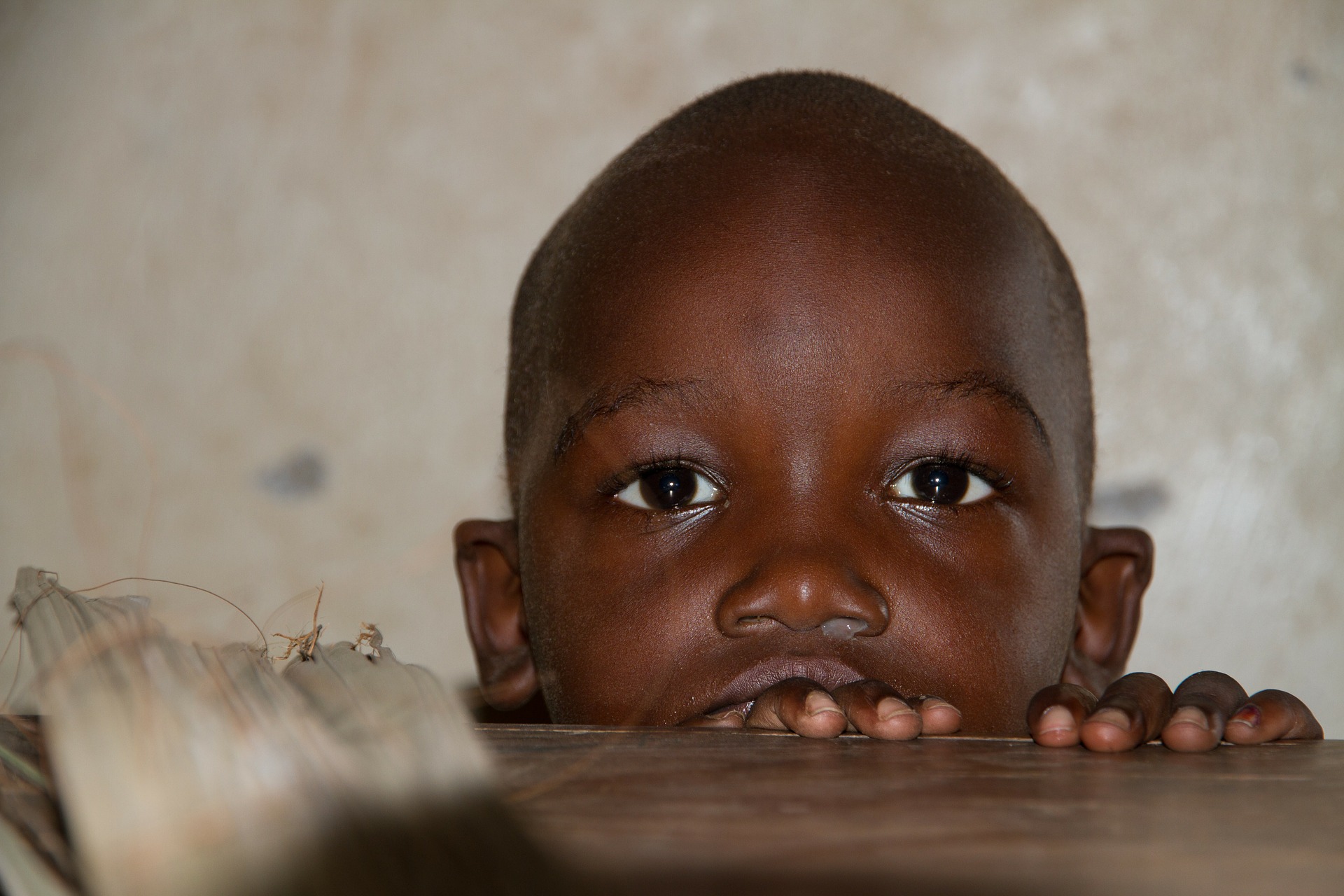
Children’s Right to a Home
The concept of a home goes beyond a physical house and include a place of refuge where children develop a sense of belonging. When children’s need for a home is ignored, they suffer from mental health. Based on this alone, the importance of a home for cannot be overemphasized. This explains why article 27 of the United Nations Convention on the Rights of the Child (UNCRC) is emphatic about it by stating that children have the right to a standard of living that is adequate for their physical, mental, spiritual, moral, and social development. To reach their full potential, they need to feel safe and comfortable, have enough food and clothing, and live in a home. For this to happen, parents and guardians must provide good living conditions for their children. Regarding this, the UNCRC obliges governments to assist families to create decent homes for their children.
Furthermore, advocates of children’s rights believe that children need a home also to develop a sense being and becoming. When they feel accepted for who they are as they develop, they acquire a sense of membership of a family, community, culture, and place. These experience enables them to develop their identity, social relationship, trust in people as they interact with their family members. They may not have access to things that they enjoyed but the sharing of concerns with their parents and siblings provides them a sense of ease and comfort, and the base for developing and maintaining lasting relationships which reinforce their sense of a home.
Children do not mind whether their families live in palaces or caves. What matter to them is having a home, a place where they are physically, socially, feel loved, and emotionally supported, with opportunities for play. Jesus did not mind where his parents lived. He got from them emotional warmth, the best thing they could give him, and he grew up in wisdom and prominence whether they set up their home at the stable in Bethlehem for a time, in Egypt in exile or in their small village at Nazareth. This was also true of Saint Marcellin Champagnat who grew up in a small farm at Marlhes, where Christian values were put into practice. If he survived hardship in life, it was because he learned prudence, hard work, honesty and piety from his parents and aunt who gave him home education and spiritual formation. From his family, he acquired manual work skill, a sense of responsibility, and openness to new ideas, as well as the sense of good example and pedagogy of presence; the two pillars of his approach to education.
Talking about the duties of parents, the Catechism of the Catholic Church invites every home to become a domestic church, in the footsteps of the family of Nazareth, a natural environment where education in the virtues takes place. By creating a home where love, tenderness, forgiveness, respect, and fidelity are the rule and where they give them good examples, parents bear witness to their first responsibility for the education of their children.
Br. Francis Lukong – Secretariat of Solidarity
